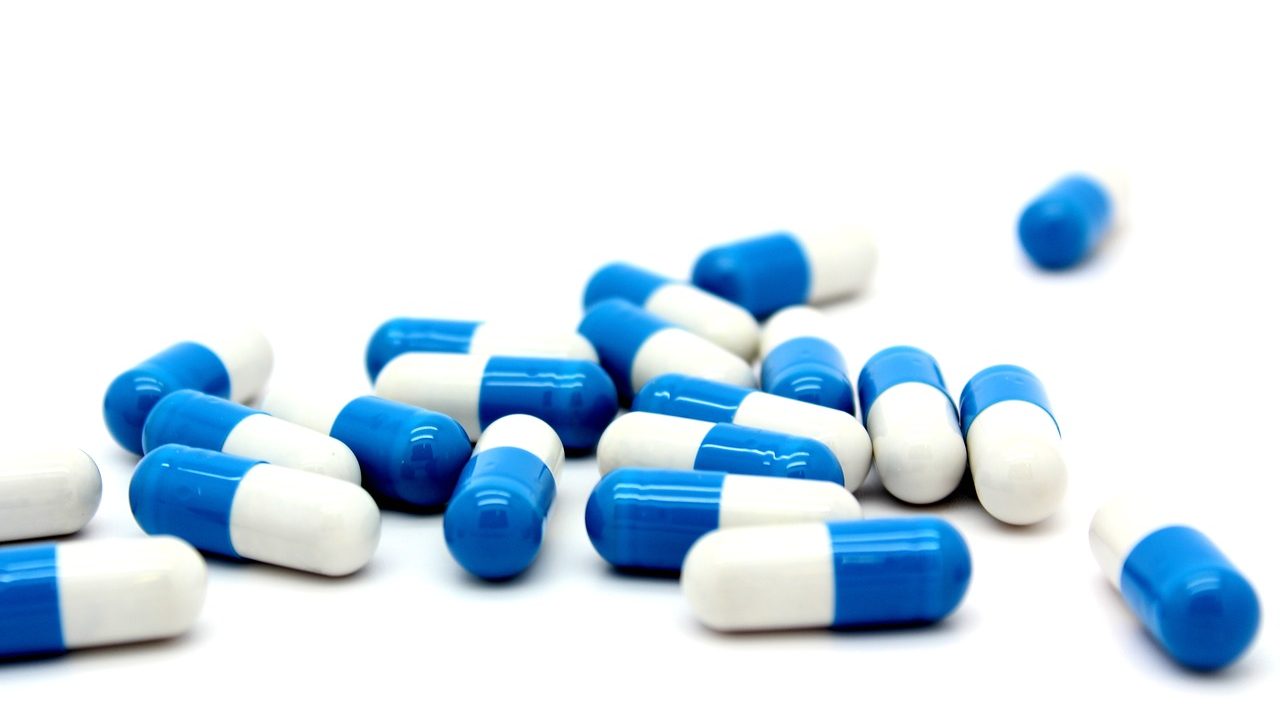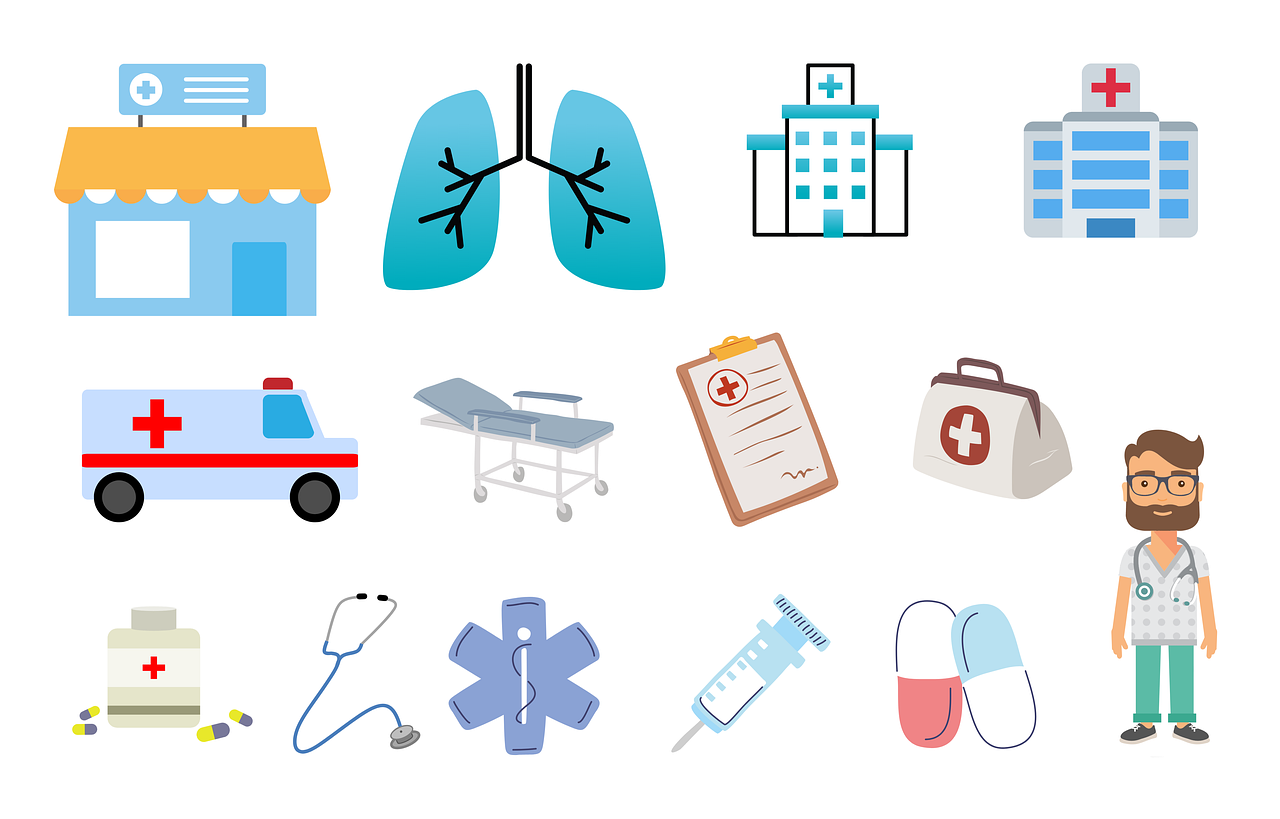
Study Flags Problems in Availability and Prices of Anti-Cancer Drugs
- News
- 1.6K
A new study has shown that availability of essential drugs for the treatment of childhood cancers was well below the World Health Organisation (WHO)-prescribed standards in both public and private sector pharmacies even in the national capital, Delhi.
The survey looked into the availability of 33 essential anti-cancer medicines in four public and three private hospitals as well as 32 private retail pharmacies. It was found that their mean availability was a mere 70 percent as against the WHO’s norm of at least 80 percent.
The situation was, however, somewhat better in private hospitals over public hospitals and private retail pharmacies. Private hospitals recorded availability of 71 percent, while public hospitals reported 43 percent and retail pharmacies 38 percent.
The study has also found a problem with the prices of drugs. Medicine prices were relatively low in Delhi compared with international reference prices. However, even at a lower price, the medicines were unaffordable for a vast section of society. The lowest cost of chemotherapy for treating a 30 kg child with standard-risk leukemia was Rs. 27,850 and for a child with early-stage Hodgkin’s lymphoma was Rs.17,500.
“Low availability and poor affordability of anti-cancer essential medicines highlight the need to streamline the public sector and private sector medicine procurement and supply systems,’ said Neha Faruqui of the George Institute for Global Health, and a member of the research team.
The study has been published in the journal BMJ Global Health. The study team included researchers from The George Institute for Global Health, University of Sydney, Cankids India, Max Super Speciality Hospital and Boston University School of Public Health. (India Science Wire)
If you liked this article, then please subscribe to our YouTube Channel for the latest Science & Tech news. You can also find us on Twitter & Facebook.


